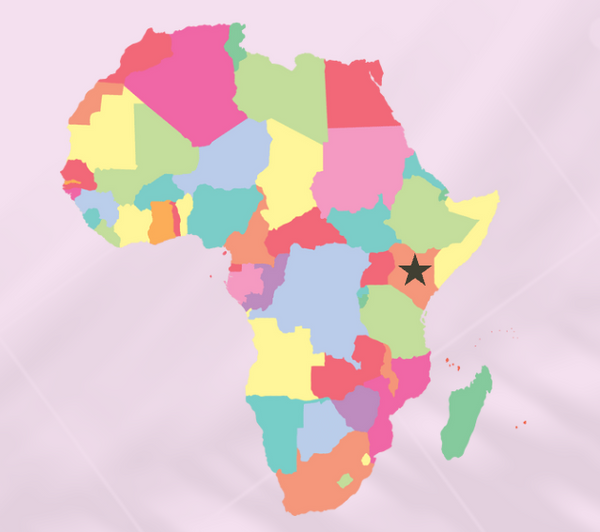
Fueling Womens Education in Kenya: The Work of Wiser Girls
How and Why WISER Girls Was Founded
How and Why
WISER formed from a collaboration of female scientists from Kenya and the United States aiming to identify and address barriers to education and healthcare for girls in Muhuru Bay, a remote village on the shores of Lake Victoria, where gender inequity is increasingly linked with health outcomes, socioeconomic status, and education attainment. WISER was incorporated in Kenya in 2007 and was established through Duke University until it became an Non-Governmental Organization 2012, although it maintains close ties to Duke University.
Founders
WISER Girls was founded by Dr. Sherryl Broverman, a biology professor from Duke University and Dr. Rose Ogwang-Odhiambo, a biology professor at Egerton University. Dr. Broverman and Dr. Ogwang-Odhiambo were working together to develop HIV education programs in Muhuru Bay. Through exploring the conditions women face in Muhuru Bay, they were inspired to establish WISER Girls in order to use education as a tool to address health issues, gender inequality, sexual abuse, lack of access to clean water, violence against women, and economic underdevelopment. They choose to approach these issues through girls education due to existing research showing that educating girls leads to large decreases in poverty, child marriage, environmental hazards, teenage pregnancy, gender inequality, and economic undervelopment.


Founder Dr. Sherryl Broverman with WISER Alumni and Board Member Lydia Faith Odhiambo
Goals
To provide a healthy and empowering environment that will increase the agency of Kenyan girls, specifically those living in rural areas. WISER aims to address systemic barriers that will change the outcomes for future generations. The girls served are from the poorest families in Kenya and from regions with the highest poverty rates and lowest educational opportunities.
